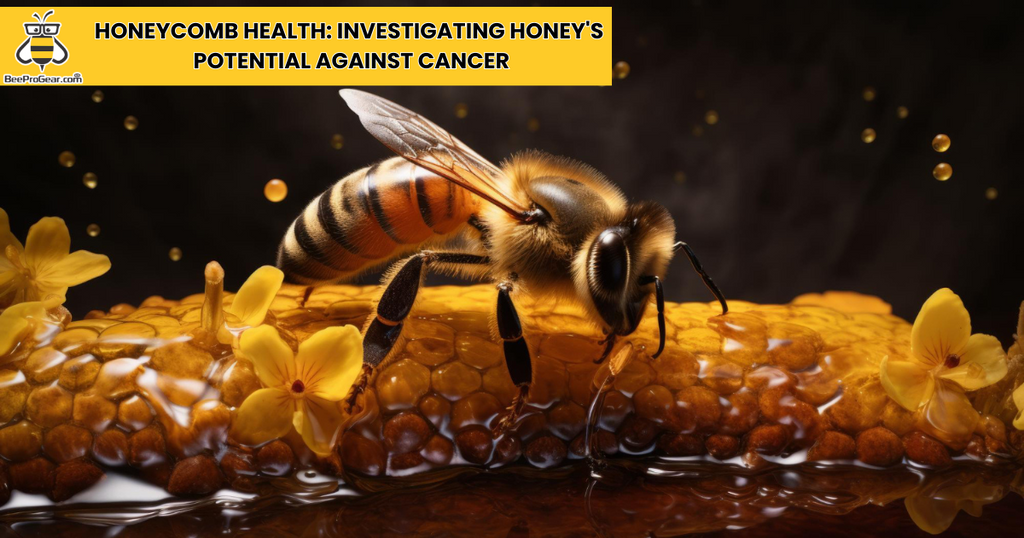No Products in the Cart

In the ongoing pursuit of effective cancer treatments, researchers are increasingly turning to nature for inspiration. Among the natural substances under investigation, honey has emerged as a compelling candidate due to its unique properties and potential health benefits, particularly in the realm of cancer therapy.
Bee venom, a potent substance produced by honeybees, has long intrigued scientists for its potential therapeutic properties. Research into the relationship between bee venom and cancer has uncovered promising avenues, with particular focus on melittin, a key component known for its cytotoxic effects on cancer cells.
Melittin, found abundantly in bee venom, has demonstrated remarkable abilities in targeting and disrupting cancer cells while sparing healthy tissue. Its ability to penetrate cancer cell membranes and induce cell death has garnered significant attention from the scientific community, leading to clinical trials aimed at harnessing its anticancer potential.
Clinical trials exploring melittin-based treatments have yielded promising results, indicating its efficacy in inhibiting the growth of various cancer types, including breast cancer. Moreover, melittin's synergistic effects with conventional cancer therapies have shown promise in enhancing treatment outcomes.
Apitherapy, which involves the therapeutic use of bee products like honey and bee venom, offers a holistic approach to cancer treatment. Beyond melittin, honey contains a myriad of bioactive compounds with antioxidant and anti-inflammatory properties, further enhancing its potential in combating cancer progression.
Despite the promising findings, challenges such as standardizing bee venom extracts and ensuring safety remain significant hurdles in the development of bee venom-based therapies. Moreover, further research is needed to elucidate the mechanisms of action and optimize treatment protocols for different cancer types.
In conclusion, the exploration of honey and bee venom as natural anticancer agents represents a promising frontier in cancer research. With ongoing advancements in understanding the therapeutic potential of melittin and other bioactive compounds, nature's remedies continue to offer hope in the fight against cancer, paving the way for novel and holistic treatment approaches.